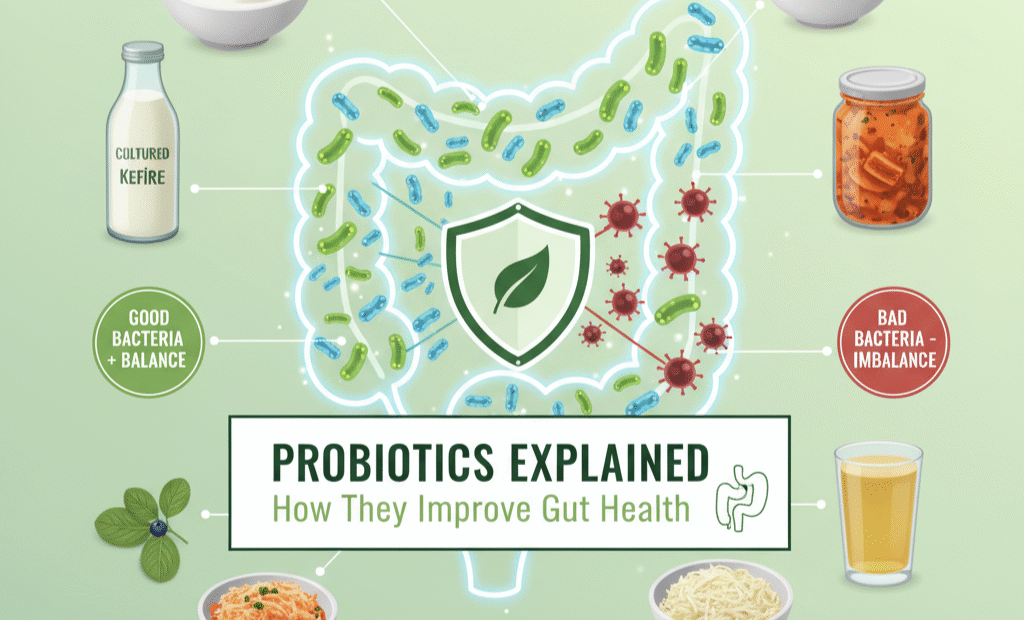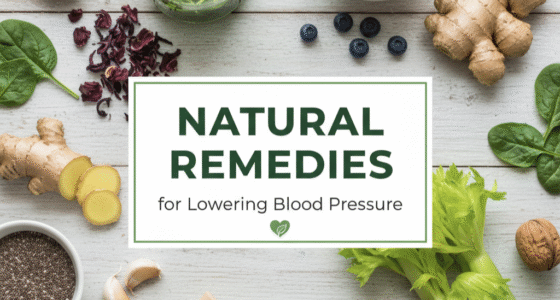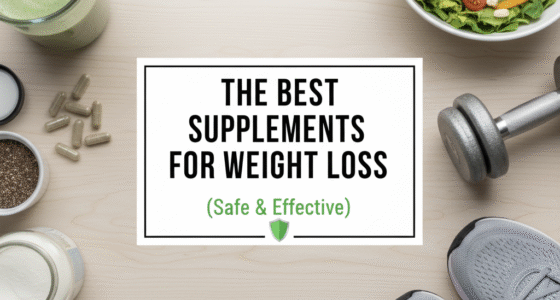Probiotics have become one of the most researched and recommended health supplements in recent years. These “friendly bacteria” play a vital role in balancing the gut microbiome, which impacts digestion, immunity, and even mental health. In this detailed guide, we’ll explore how probiotics work, the benefits they provide, and how to choose the best sources for your health.
What Are Probiotics?
Probiotics are live microorganisms, mostly bacteria and some yeasts, that provide health benefits when consumed in adequate amounts. They are naturally present in fermented foods and available in supplement form. Unlike harmful bacteria that cause illness, probiotics help maintain a balanced digestive system and promote wellness.
The Gut Microbiome
The human gut contains trillions of microorganisms, collectively called the gut microbiome. This ecosystem includes both good and bad bacteria, and maintaining balance is crucial for digestion, nutrient absorption, and overall health. Probiotics contribute to this balance by replenishing beneficial bacteria.
Health Benefits of Probiotics
1. Improves Digestion
Probiotics help break down food and support the production of digestive enzymes. They can reduce bloating, gas, and indigestion while improving nutrient absorption.
2. Supports Immune Function
Over 70% of the immune system resides in the gut. Probiotics strengthen immune defenses by enhancing antibody production and fighting harmful pathogens.
3. Restores Balance After Antibiotics
Antibiotics kill both harmful and beneficial bacteria. Probiotics help restore the gut microbiome after antibiotic use, reducing risks of diarrhea and infections.
4. Reduces Symptoms of IBS
People with irritable bowel syndrome (IBS) often benefit from probiotics. Certain strains reduce abdominal pain, diarrhea, and constipation.
5. Improves Mental Health
The gut-brain connection, also known as the gut-brain axis, links digestive health with mood and cognition. Probiotics may reduce stress, anxiety, and depression symptoms by producing neurotransmitters like serotonin.
6. Enhances Skin Health
Some studies suggest probiotics can help reduce acne, eczema, and inflammation, thanks to their immune-modulating properties.
Best Food Sources of Probiotics
Probiotics are naturally found in many fermented foods, making them easy to include in your diet:
- Yogurt: A rich source of live cultures, especially Lactobacillus and Bifidobacterium.
- Kefir: A fermented milk drink with diverse probiotic strains.
- Kimchi: A Korean fermented vegetable dish packed with probiotics and vitamins.
- Sauerkraut: Fermented cabbage that supports gut health.
- Miso: A traditional Japanese seasoning made from fermented soybeans.
- Kombucha: A fermented tea beverage full of live cultures.
Probiotic Supplements
While foods are the best natural sources, probiotic supplements offer a convenient way to increase intake. Supplements come in capsules, powders, and liquid forms, often containing billions of live cultures. When choosing a supplement, look for:
- CFU Count: At least 1–10 billion CFUs per dose is recommended.
- Strain Diversity: Multiple strains provide broader benefits.
- Storage Requirements: Some require refrigeration to stay effective.
Potential Side Effects
Probiotics are generally safe for most people. However, some may experience mild side effects such as gas, bloating, or stomach cramps during the first few days of use. These symptoms usually subside as the body adjusts.
Who Should Take Probiotics?
Probiotics may benefit:
- Individuals with digestive issues like IBS or constipation.
- People taking or recovering from antibiotics.
- Those with weakened immune systems.
- Anyone seeking improved gut and mental health.
Tips for Maintaining Gut Health
Probiotics work best when combined with a healthy lifestyle. Here are simple ways to support your gut microbiome:
- Eat a fiber-rich diet with plenty of fruits, vegetables, and whole grains.
- Stay hydrated to aid digestion and nutrient absorption.
- Limit processed foods and sugar, which harm good bacteria.
- Manage stress, as high stress negatively impacts gut health.
- Exercise regularly to stimulate gut motility and bacterial balance.
Conclusion
Probiotics are a powerful tool for improving digestion, boosting immunity, and supporting overall wellness. By incorporating probiotic-rich foods and supplements into your lifestyle, you can strengthen your gut health naturally. Remember, consistency is key—making probiotics part of your daily routine ensures long-term benefits for both body and mind.









